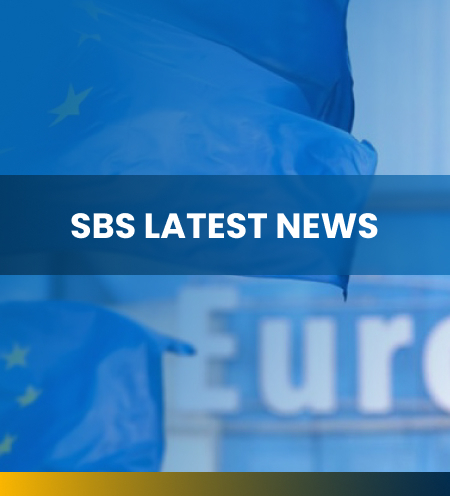This guide on blockchain and DLT was produced by SME experts to raise SMEs’ awareness on how to appropriately use technology, adapt to EU legislation, and maintain consistency to standardisation activities.
The EU blockchain market is expected to be valued at around €59bn by 2028. SMEs can use blockchain to grow their businesses and lead the way in digitalisation and sustainability.
Blockchain is helping non-ICT sectors to become more efficient and sustainable through authenticated transactions and increased transparency methods.
How can SMEs verify that the origins of non-EU imported raw materials are sustainable and environmentally friendly without relying on complex and costly verification procedures? How can they perform international transactions without been implicated in fraud or money laundering schemes? Is there a better and more efficient process to certify ISO management and safety systems? To raise awareness and assist SMEs in mastering the use of blockchain technology, a task force of Small Business Standards (SBS) and DIGITAL SME experts have finalised this SBS guide on blockchain and DLT. The intended manual intends to illustrate four case scenarios that demonstrate how blockchain…
- Strengthens overall business sustainability
- Helps SMEs in certify their quality management system
- Ensures authentication and trust in identification
- Strengthens policy response to raising and urging geopolitical concerns
The SME Guide on Blockchain and Distributed Ledger Technology provides SMEs with basic yet key principles of blockchain and DLT technology and how their standardisation can help in strengthening transparency and sustainability of operations, in scaling up solutions and in sensibly reducing transaction costs for businesses.
Moreover, the document provides an update on EU policy developments and the geopolitical challenges that SMEs may face in using the proposed technology and standards.
You can find our SBS SME Guide on Blockchain and DLT here.




























